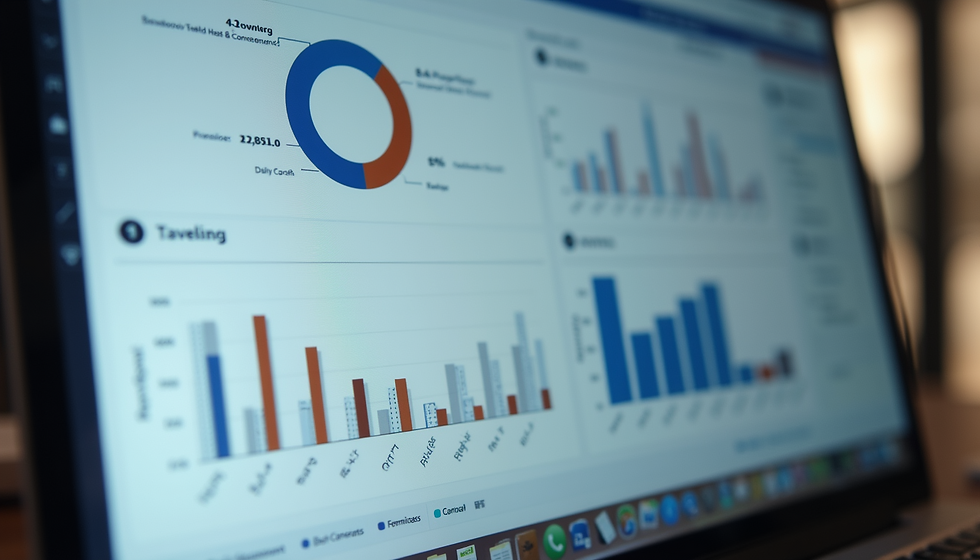Why M DD FIN now is a Payment Services?
- Marketing
- May 15, 2025
- 2 min read

Bill Payment Services are a convenient way for individuals and businesses to pay their bills electronically, often through their bank's online or mobile banking platforms, or through dedicated third-party bill payment providers. These services eliminate the need to write cheques, mail payments, or visit physical payment locations.
Here's a breakdown of what Bill Payment Services entail:
Core Functionality:
Adding Payees: Users can set up a list of companies or individuals they regularly pay (e.g., utility companies, credit card issuers, landlords). This usually involves providing the payee's name, account number, and sometimes their address or a specific payment reference.
Scheduling Payments: Users can schedule one-time payments or recurring payments for specific dates and amounts. This is particularly useful for regular bills with fixed due dates.
Making Payments: Users initiate payments to their added payees, specifying the amount and the date they want the payment to be processed.
Payment Methods: Payments are typically made electronically via direct debit from the user's bank account. Some services might offer other funding options.
Payment History: Users can usually view a record of their past bill payments, making it easier to track their expenses.
Notifications and Alerts: Many services offer notifications about upcoming payments, payment confirmations, or potential issues.
Types of Bill Payment Services:
Bank-Provided Services: Most banks offer bill payment services as a standard feature of their online and mobile banking platforms. This is often integrated seamlessly with the user's checking or current accounts.
Third-Party Bill Payment Providers: There are also dedicated companies that specialize in bill payment services. These might offer additional features or cater to specific needs. Examples include services that allow you to pay bills from multiple bank accounts in one place or offer more sophisticated scheduling options.
Government or Utility Company Portals: Some government agencies or utility companies have their own online portals where customers can pay their bills directly. While not strictly a "service" in the intermediary sense, they serve the same purpose.
Benefits of Using Bill Payment Services:
Convenience: Pay bills from anywhere with internet access, 24/7.
Time-Saving: Eliminates the need to write cheques, address envelopes, and mail payments.
Reduced Risk of Late Payments: Scheduling payments in advance helps ensure bills are paid on time, avoiding late fees.
Improved Organization: Payment history provides a clear record of paid bills.
Security: Electronic payments are generally more secure than mailing cheques.
Environmental Friendliness: Reduces paper usage.
Considerations:
Setup Time: Initially setting up payees can take a few minutes.
Cut-off Times: Be aware of the service's cut-off times for scheduling payments to ensure they are processed on time.
Payee Availability: Not all companies or individuals may be available as payees through all bill payment services.
Fees (Rare): While most bank-provided bill payment services are free, some third-party providers might charge fees for certain features or transactions.
In the context of the financial services we've been discussing:
Bill payment services are a fundamental payment service that leverages the underlying payment processing infrastructure to move funds from the payer's account to the payee's account electronically. They simplify the process of payment initiation for recurring and one-off obligations. Banks and third-party providers act as intermediaries, facilitating these transactions.




Comments